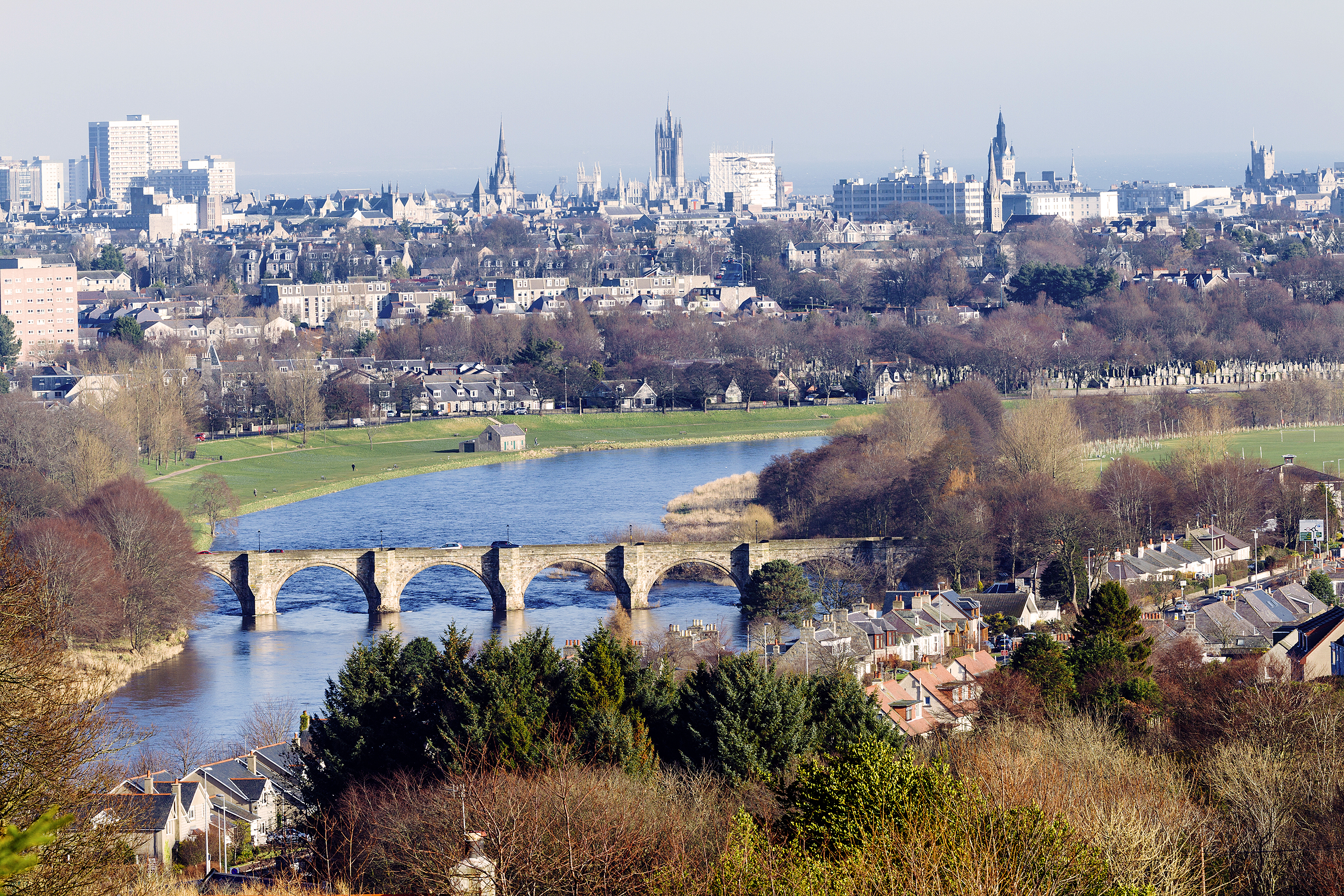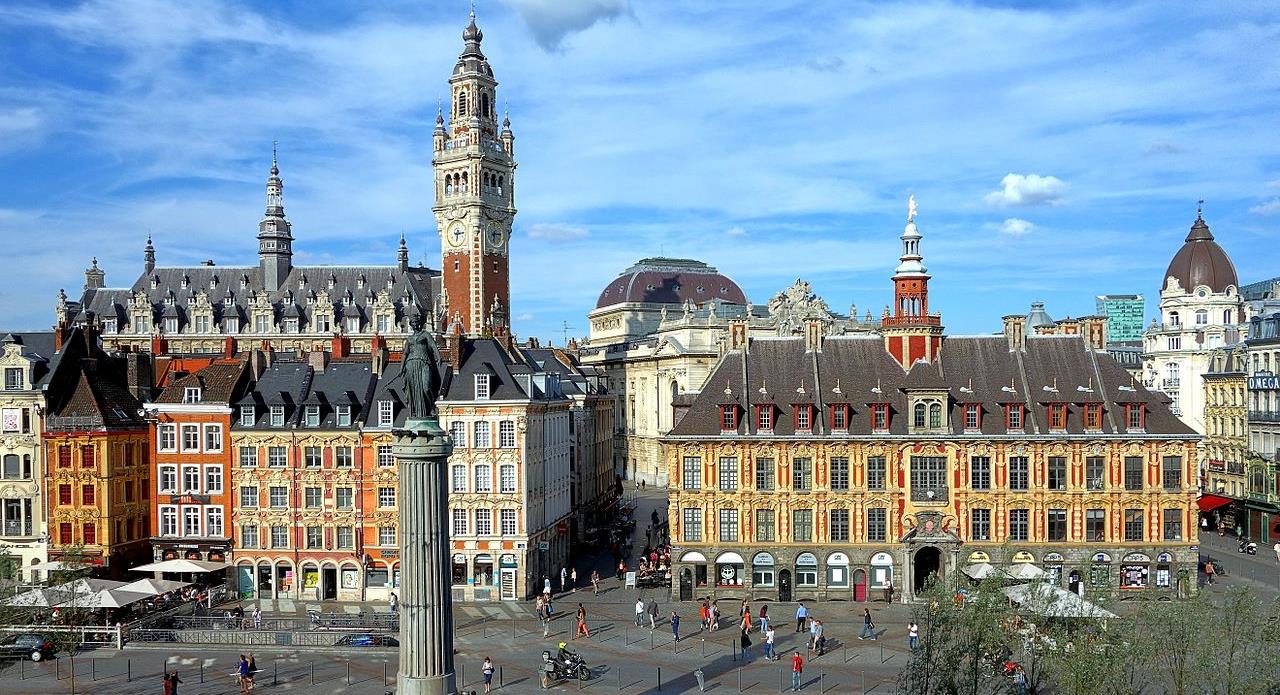
 Belgium
Belgium
 Amber Road
Amber Road

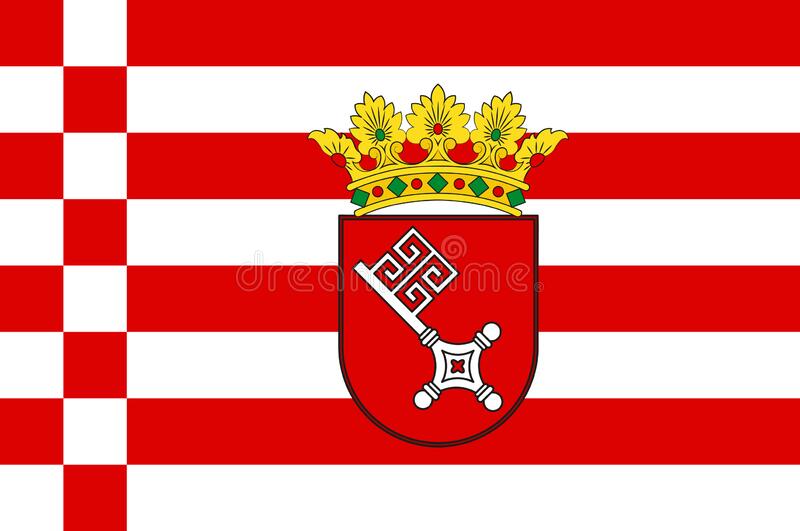 Bremen
Bremen
 Denmark
Denmark
 Germany
Germany
 England
England
 France
France
 Netherlands
Netherlands

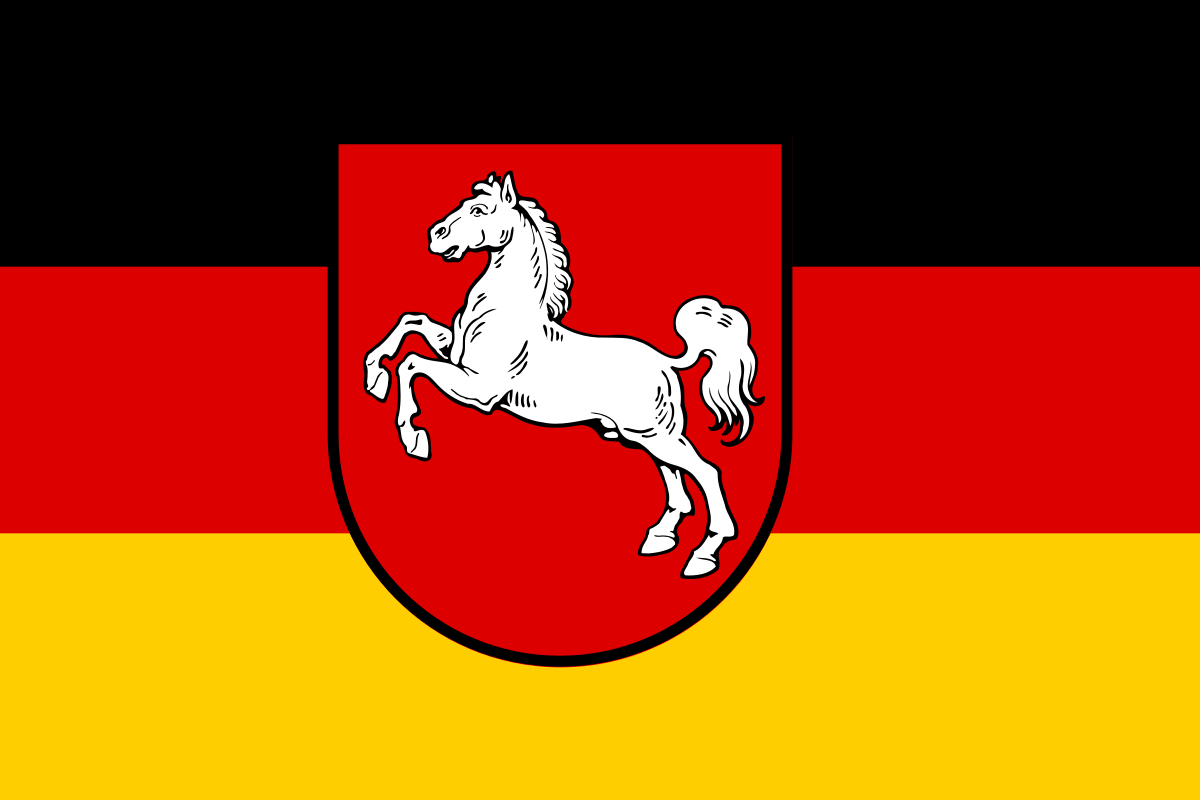 Lower Saxony
Lower Saxony
 Kiel Canal
Kiel Canal
 Norwegen
Norwegen

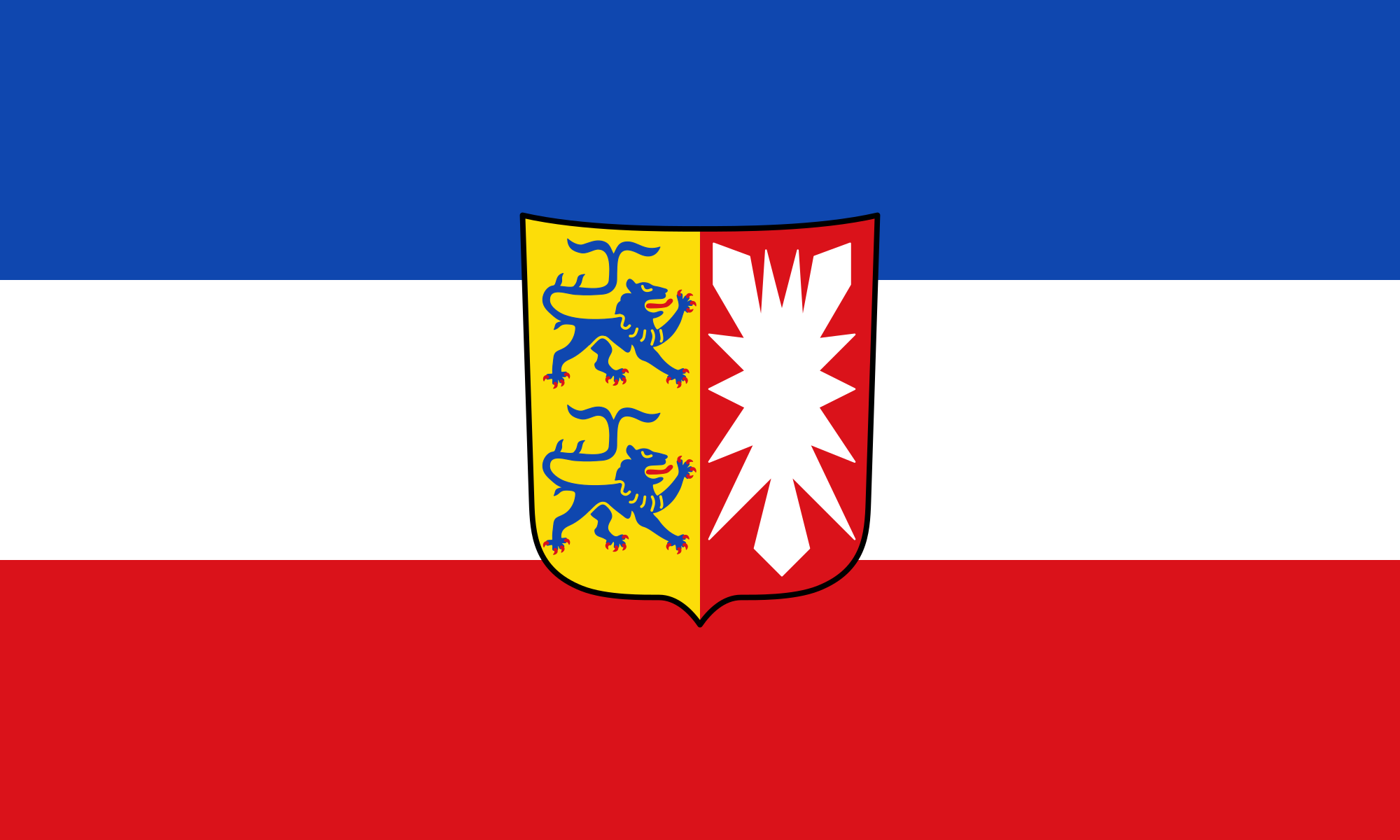 Schleswig-Holstein
Schleswig-Holstein
 Sweden
Sweden
 United Kingdom
United Kingdom

Die Nordsee (veraltet Westsee, Deutsches Meer[2]) ist ein Randmeer des Atlantischen Ozeans. Sie ist ein Schelfmeer und liegt im nordwestlichen Europa. Bis auf die Meerengen beim Ärmelkanal und beim Skagerrak ist sie auf drei Seiten von Land begrenzt und öffnet sich trichterförmig zum nordöstlichen Atlantik. In einem 150-Kilometer-Bereich an der Küste leben rund 80 Millionen Menschen.
Die Nordsee selbst ist ein wichtiger Handelsweg und dient als Weg Mittel- und Nordeuropas zu den Weltmärkten. Die südliche Nordsee ist zusammen mit dem angrenzenden Ärmelkanal die am dichtesten befahrene Schifffahrtsregion der Welt. Unter dem Meeresboden befinden sich größere Erdöl- und Erdgasreserven, die seit den 1970er Jahren gefördert werden. Kommerzielle Fischerei hat den Fischbestand des Meeres in den letzten Jahrzehnten vermindert. Umweltveränderungen entstehen auch dadurch, dass die Abwässer aus Nordeuropa und Teilen Mitteleuropas direkt oder über die angrenzende Ostsee in das Meer fließen.
北海(挪威语:Nordsjøen;瑞典语:Nordsjön;丹麦语:Nordsøen或Vesterhavet;德语:Nordsee;荷兰语:Noordzee;法语:Mer du Nord;英语:North Sea)是北大西洋的一部分,位于大不列颠岛以东,斯堪的纳维亚半岛西南和欧洲大陆以北。北海海底有丰富的石油储藏,作为布兰特原油指数的基础。
北海向西南通过多佛尔海峡(法国称加来海峡)和英吉利海峡(法国称拉芒什海峡)与凯尔特海相通,向东通过斯卡格拉克海峡和卡特加特海峡与波罗的海相连,向北是挪威海。
斯凯尔特河、默兹河、莱茵河、威悉河、易北河和泰晤士河是注入北海的主要河流。重要的岛屿或群岛有北弗里西亚群岛、黑尔戈兰岛、东弗里西亚群岛和西弗里西亚群岛。
北海周边的国家有英国、挪威、瑞典、丹麦、德国、荷兰、比利时和法国。重要城市有阿伯丁、爱丁堡、加来、奥斯坦、鹿特丹、海牙、哈勒姆、威廉港、不来梅哈芬、库克斯港、埃斯比约、卑尔根、哥德堡等等。此外伦敦、不来梅哈芬和汉堡是北海重要的内陆港城。
北海(ほっかい、英語 North Sea、ドイツ語 Nordsee、フランス語 Mer du Nord、オランダ語 Noordzee、デンマーク語 Nordsøen、ノルウェー語 Nordsjøen)は、大西洋の付属海。古名はゲルマン海(ラテン語 Mare Germanicum、英語 German Ocean)。
東はノルウェー、デンマーク、南はドイツ、オランダ、ベルギー、フランス、西はイギリス、北はオークニー諸島・シェトランド諸島に囲まれている。東はスカゲラク海峡・カテガット海峡およびキール運河でバルト海に、北はノルウェー海に、南はドーバー海峡・イギリス海峡で大西洋に繋がっている。南北の長さは970km、東西は580km、面積は75万km2、水量は94000km3である[1]。
北海に流れ込む主な川はエルベ川、ヴェーザー川、エムス川、ライン川などがある。なかでも、最も北海に影響を及ぼす河川はエルベ川とライン川・ムーズ川である[2]。北海の集水域にはおよそ1億8500万人が暮らしており、また世界で最も工業化された地方のうちのひとつが含まれている[3]。
北海油田と総称される油田・ガス田が多数あり、ヨーロッパの貴重なエネルギー源である。
The North Sea is a sea of the Atlantic Ocean located between Great Britain (England and Scotland), Denmark, Norway, Germany, the Netherlands, Belgium and France. An epeiric (or "shelf") sea on the European continental shelf, it connects to the ocean through the English Channel in the south and the Norwegian Sea in the north. It is more than 970 kilometres (600 mi) long and 580 kilometres (360 mi) wide, with an area of 570,000 square kilometres (220,000 sq mi).
The North Sea has long been the site of important European shipping lanes as well as a major fishery. The coast is a popular destination for recreation and tourism in bordering countries, and more recently the sea has developed into a rich source of energy resources, including fossil fuels, wind, and early efforts in wave power.
Historically, the North Sea has featured prominently in geopolitical and military affairs, particularly in Northern Europe. It was also important globally through the power northern Europeans projected worldwide during much of the Middle Ages and into the modern era. The North Sea was the centre of the Vikings' rise. Subsequently, the Hanseatic League, the Dutch Republic, and the British each sought to gain command of the North Sea and thus access to the world's markets and resources. As Germany's only outlet to the ocean, the North Sea continued to be strategically important through both World Wars.
The coast of the North Sea presents a diversity of geological and geographical features. In the north, deep fjords and sheer cliffs mark the Norwegian and Scottish coastlines, whereas in the south, the coast consists primarily of sandy beaches and wide mudflats. Due to the dense population, heavy industrialization, and intense use of the sea and area surrounding it, there have been various environmental issues affecting the sea's ecosystems. Adverse environmental issues – commonly including overfishing, industrial and agricultural runoff, dredging, and dumping, among others – have led to a number of efforts to prevent degradation of the sea while still making use of its economic potential.
La mer du Nord est une mer épicontinentale de l'océan Atlantique, située au nord-ouest de l'Europe, et qui s'étend sur une superficie d'environ 575 000 km2.
Les pays qui bordent la mer du Nord sont le Royaume-Uni (île de Grande-Bretagne) à l'ouest ; les îles Shetland et Orcades au nord-ouest ; la Norvège au nord-est; le Danemark à l'est ; l'Allemagne au sud-est ; enfin les Pays-Bas, la Belgique et la France (pour 50 km de littoral entre Calais et la frontière belge) au sud. Elle communique avec la Manche par le pas de Calais au sud-sud-ouest ; avec l'océan Atlantique au nord-ouest et la mer de Norvège au nord ; avec le Skagerrak à l'est. Le canal de Kiel permet aux navires de rejoindre la mer Baltique.
Elle constitue une zone de fort transit maritime, d'exploitation pétrolière et de pêche. La mer du Nord et son littoral forment un milieu naturel très riche, mais la pollution marine, la surpêche, l'industrie pétrolière (plates-formes offshore) et le tourisme sont sources de menaces pour l'avenir. Elle est en aval du centre de l'Europe industrielle, de l'estuaire du Rhin aux fjords norvégiens et aux falaises du nord de la Grande-Bretagne. Le secteur Manche/Sud-mer du Nord, incluant le pas de Calais est considéré comme représentatif de mers mégatidales peu profondes, caractérisées par un fort courant et une eau très turbide (en raison des courants et phénomènes de renversement de marées), ce qui en fait une zone écologiquement particulière, mais également vulnérable au risque maritime en raison d'un intense trafic maritime (marchand et passager).
Il mare del Nord (in danese Nordsøen; in francese Mer du Nord; in inglese North Sea; in norvegese Nordsjøen;in olandese Noordzee; in svedese Nordsjön; in tedesco Nordsee) è un mare epicontinentale dell'Europa nord-occidentale che comunica con l'oceano Atlantico tramite il mare di Norvegia a nord e la Manica a sud; suo tributario è il Mar Baltico, ad esso collegato tramite gli stretti scandinavi di Skagerrak e Kattegat. Si estende per circa 970 km di lunghezza in direzione nord-sud e 560 km di larghezza in direzione est-ovest, e ha una superficie totale di circa 570000 km²[1]. Accoglie una considerevole parte dei bacini idrografici dell'Unione europea.
El mar del Norte es un mar marginal del océano Atlántico, situado entre las costas de Noruega y Dinamarca en el este, las de las islas británicas al oeste y las de Alemania, los Países Bajos, Bélgica y Francia al sur. El Skagerrak constituye una especie de bahía al este del mar, la cual lo conecta con el Báltico a través del Kattegat; también está conectado con el Báltico mediante el canal de Kiel. El canal de la Mancha lo conecta al resto del Atlántico por el sur, mientras que por el norte conecta en través del mar de Noruega, que es el nombre que adopta el mar al norte de las islas Shetland.
Las mareas son bastante irregulares ya que confluyen en él una corriente proveniente del norte y otra del sur. Hay mucha lluvia y niebla durante todo el año, y del noroeste vienen violentas tormentas que hacen la navegación peligrosa.
Tiene una superficie de unos 750 000 km²,1 una longitud aproximada de 960 km y una anchura máxima de 480 km. Es un mar muy poco profundo, con una profundidad media de 95 metros: el hecho que en el banco Dogger, en medio del mar y a una profundidad de unos 25 metros, se hayan encontrado restos de mamuts prueba que durante la última glaciación o bien estaba cubierto de hielo o bien estaba emergido. Con el deshielo, el banco se convirtió en una especie de último reducto en forma de isla.
Durante la Edad Antigua este mar se conocía como Oceanum o Mare Germanicum. El nombre actual se cree que surgió desde el punto de vista de las islas Frisias, desde donde quedaba totalmente al norte, y por oposición al mar del Sur (el mar de Frisia y el Zuiderzee, en los Países Bajos). A la larga, el nombre actual se acabó imponiendo, de manera que ya era predominante durante la Edad Moderna. En la citada Edad Moderna fue común llamar Mar del Norte o Mar del Nord a todo el océano Atlántico, siendo por contrapartida llamado «Mar del Sur» o «Mar del Sud» todo el océano Pacífico.
Según las lenguas oficiales de los estados que lo rodean, se denomina Mer du Nord, en francés; Noordzee, en neerlandés; Nordsee, en alemán; Nordsjön, en sueco; Nordsøen, en danés; Nordsjøen, en noruego; y North Sea en inglés. En frisón se dice Noardsee y en gaélico escocés A' Mhuir en Tuath.
Tiene importantes yacimientos de petróleo y gas natural, los cuales comenzaron a explotarse en los años 1970.
Се́верное мо́ре (ранее также Немецкое море[3]; фр. Mer du Nord, нем. Nordsee, нидерл. Noordzee, з.-фриз. Noardsee, англ. North Sea, норв. Nordsjøen, дат. Nordsøen или Vesterhavet) — мелководное шельфовое море Атлантического океана, омывающее берега северной Европы. Расположено между Британскими островами на западе, Ютландским, Скандинавским полуостровами на востоке и континентальной Европой на юге. Омывает берега Норвегии, Дании, Германии, Нидерландов, Бельгии, Франции и Великобритании.
Площадь — 750 тыс. км²[1]. Наибольшая глубина 725 м[2]. Более 2/3 моря имеет глубину менее 100 м; в южной части — отмели (банка Доггер и др.). Впадают крупные реки: Эльба, Везер, Рейн, Темза. Основные порты: Роттердам, Амстердам, Антверпен, Лондон, Гамбург, Осло, Берген[2].
Прибрежная мелководная часть на юге иногда выделяется под названием Ваттового моря.


